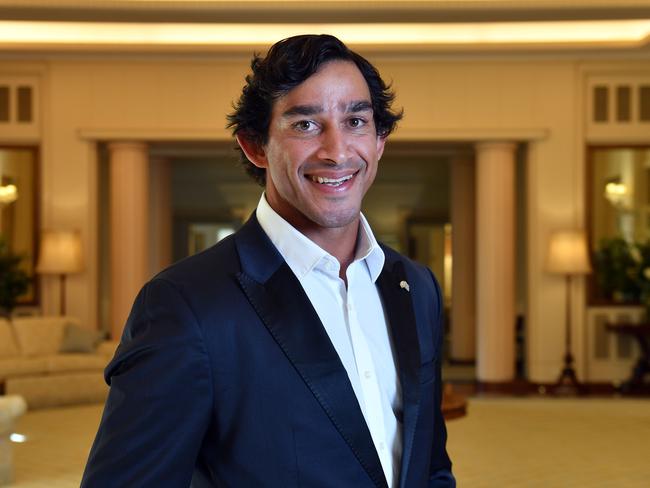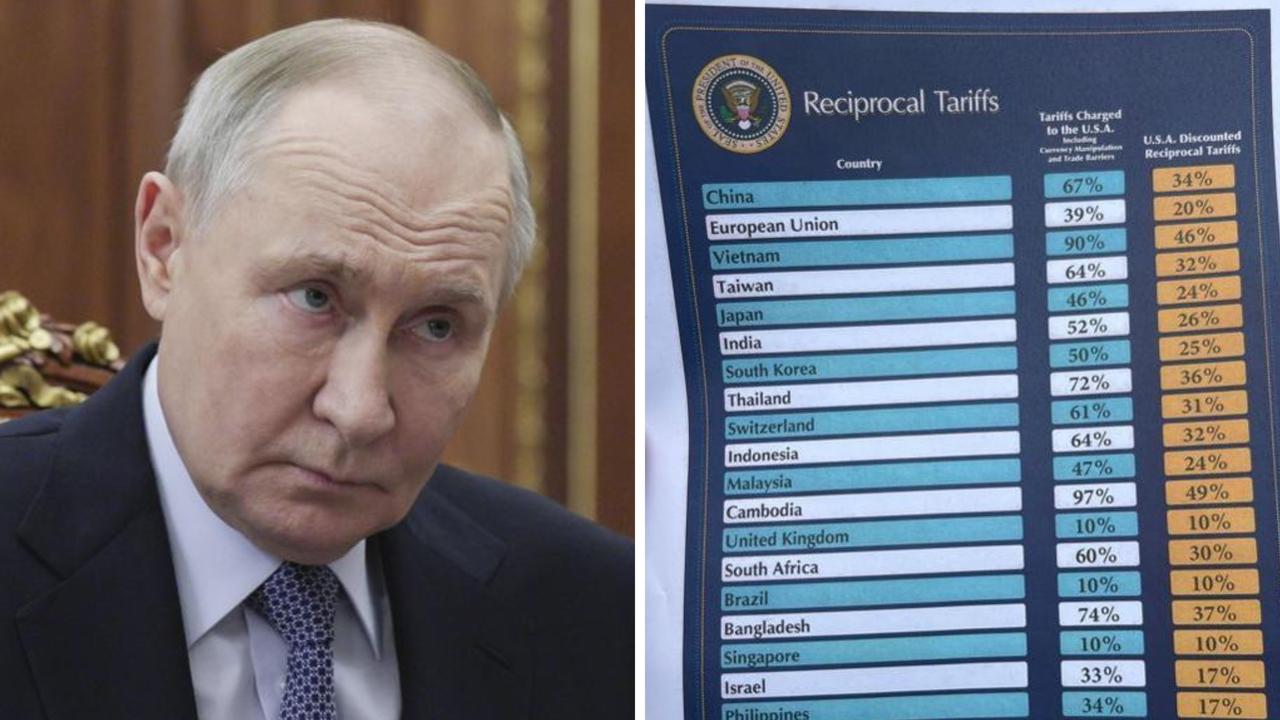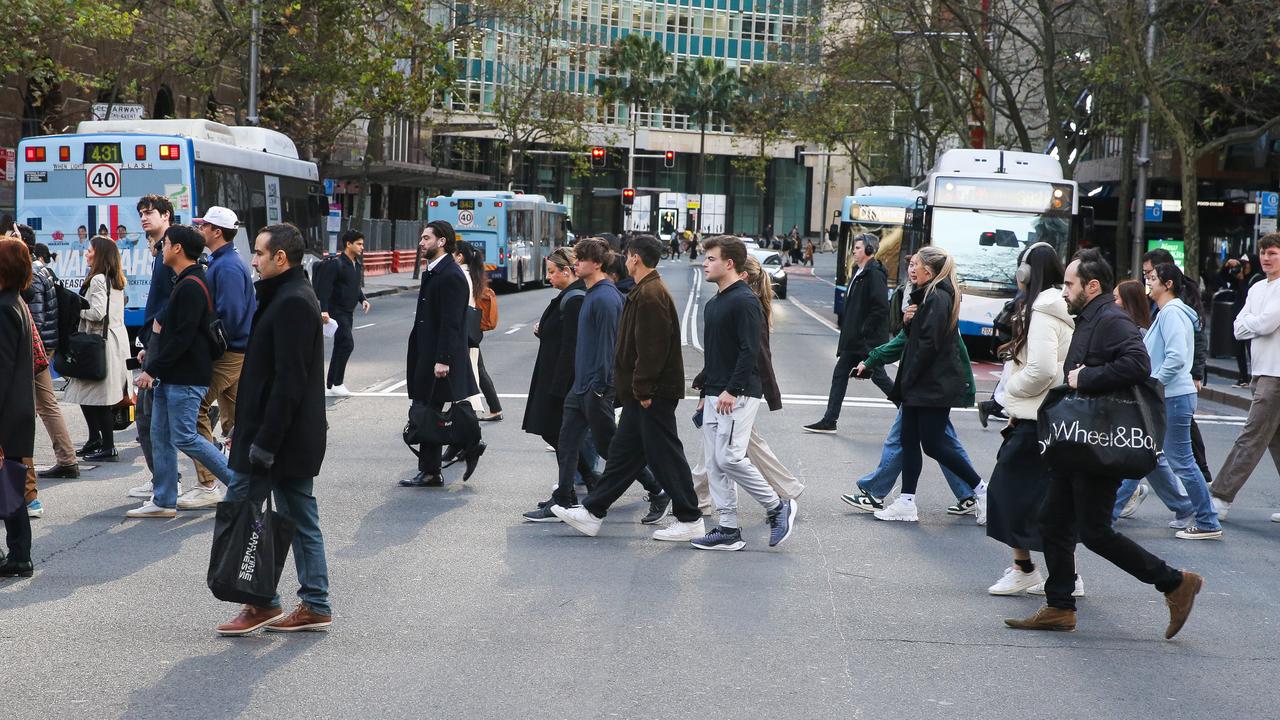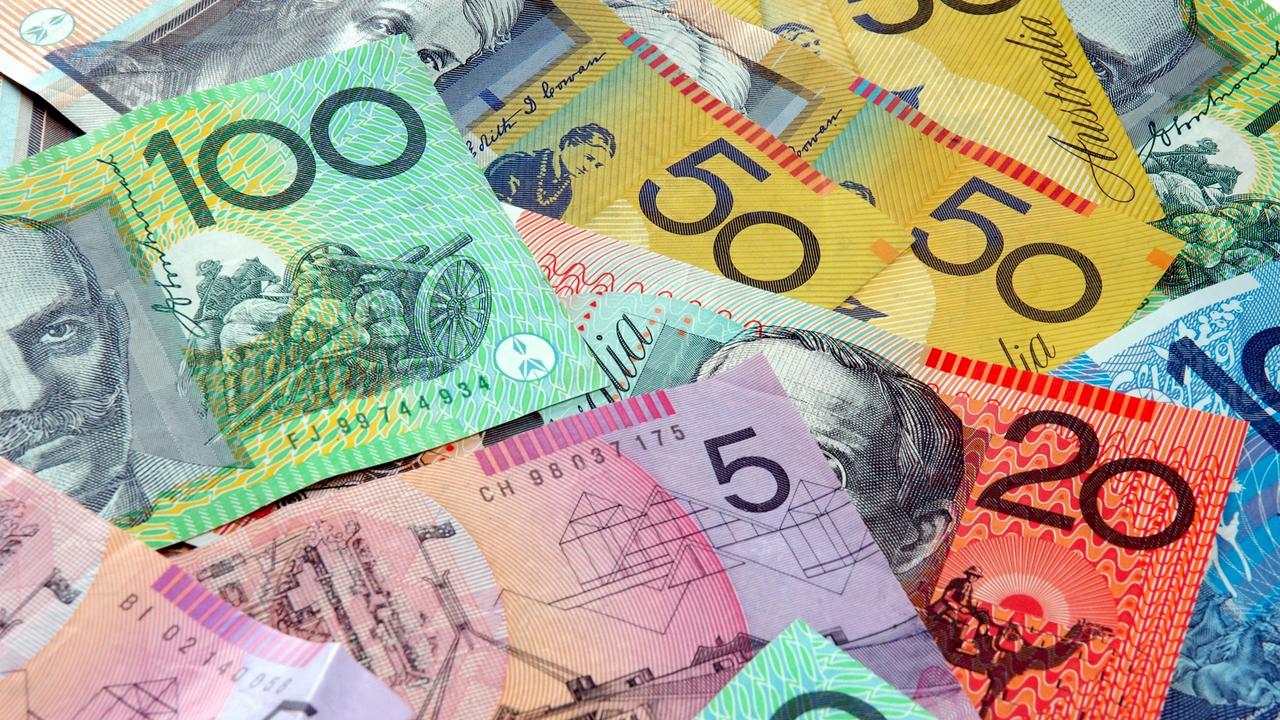Australian of the Year finalists 2018
SAMUEL Johnson has revealed the hardest moment he faced after his sister Connie died, and it’s part of what led to him being nominated for Australian of the Year.
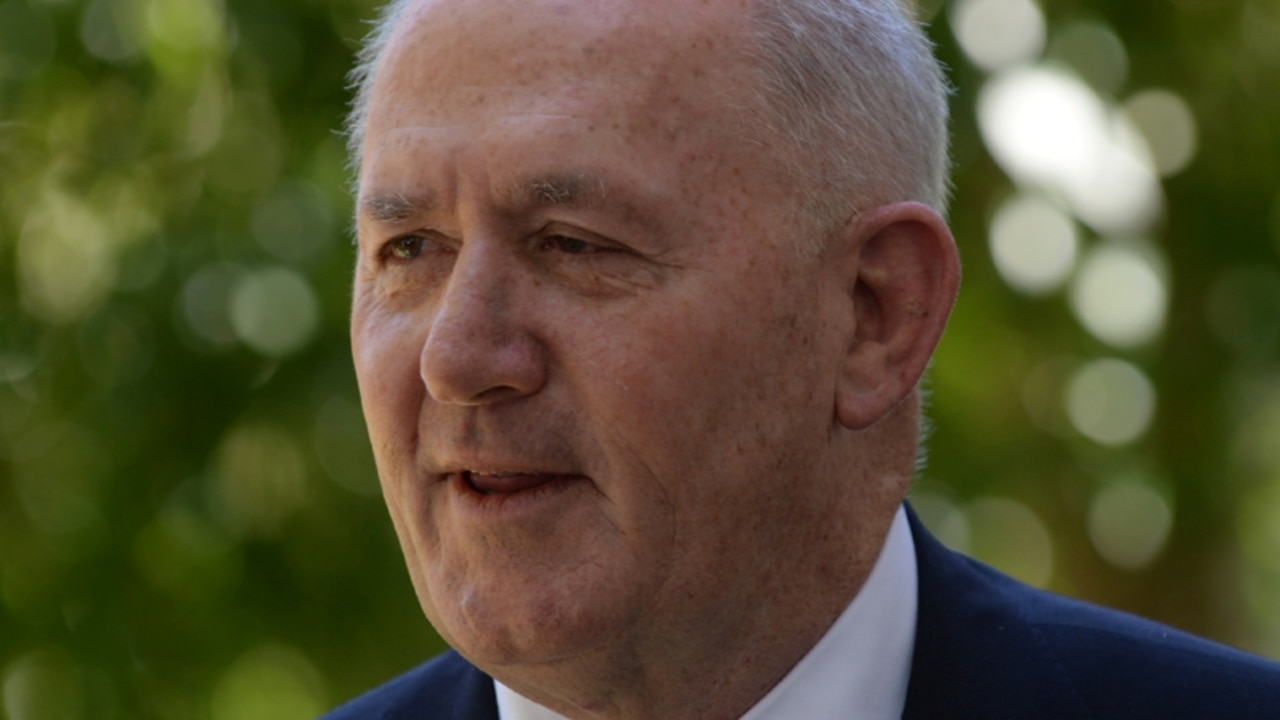
IN THE days after his beloved sister Connie’s death in September last year, Samuel Johnson surprised supporters by bravely fronting TV cameras and interviews, praising his sister and saying he was ready to “amp up” his commitment to supporting cancer research.
The siblings had become two of Australia’s strongest and well-known fundraisers for cancer research, raising more than $7 million for the cause through the Love Your Sister charity they set up after Connie was diagnosed with terminal cancer in 2013.
Johnson appeared brave and surprisingly positive, showing Connie’s death had made him even more determined to reach the pair’s $10 million goal.
“I’ve realised this isn’t the end. I’ve realised this is just the beginning, mate. She was training her little brother up to do the work since she was gone,” he said just over a week after her death.
But in a new interview, ahead of tonight’s Australian of the Year Awards where Johnson is up for the top gong, the much-loved actor and committed charity campaigner has revealed those days weren’t as easy as they seemed.
“It felt really uncomfortable,” Johnson admitted in an interview with ABC’s 7.30.
The Gold Logie winner is in the running to become Australian of the Year, but ahead of the awards he’s revealed the work that led to his nomination was the hardest thing he’s ever done.
“Monetising her death was the trickiest part,” Johnson said of those days, weeks and months after Connie died.
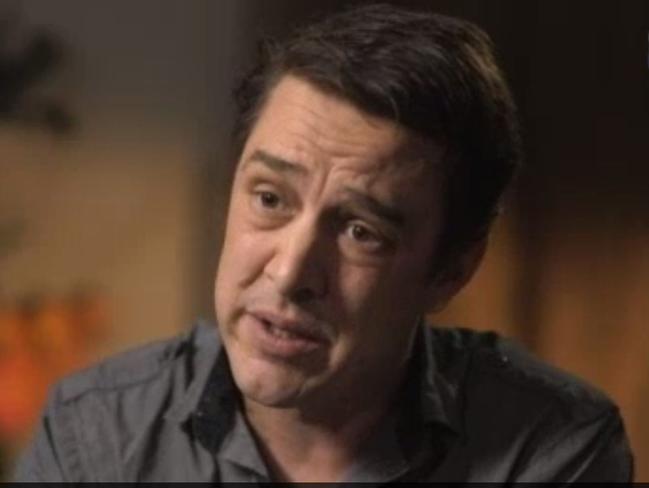
“I always struggled to monetise her illness, let alone her passing. At that point you don’t really want to shake the tin, but it was very important that we do that.”
Johnson said he struggled “flipping into fundraising mode” as his sister was dying, and even doing interviews while the rest of his family was farewelling Connie at the wake, but said it was “what Connie wanted”.
“She wanted to use her experience to help raise as much coin as possible for our country’s best scientists.”
Despite saying the difficulty of throwing himself into fundraising at the time “diluted her passing’ for him, Johnson said he had already done most of his grieving before he died.
“I’ve been grieving for years since I found out she was terminal, and she’s still got her fingerprints all over nearly everything that I do professionally,” he said.
“So it’s a weird one in the sense that I don't feel like she’s gone yet. I suppose I’m not grieving typically ... I feel like kind of half of her still anyway.”
Johnson has vowed to put his acting career on hold until Love Your Sister raises $10 million, and has pledged to continue to fight for families and to “kick cancer to the kerb”.
He said he’s optimistic, as Connie was, that a cure is within reach, and believes the war on cancer is being won.
While Johnson wouldn’t go as far as to call himself “amazing”, which interviewer Leigh Sales did, his fundraising efforts have already seen him named Victoria’s Australian of the Year, and nominated for the national title alongside seven other state and territory recipients.
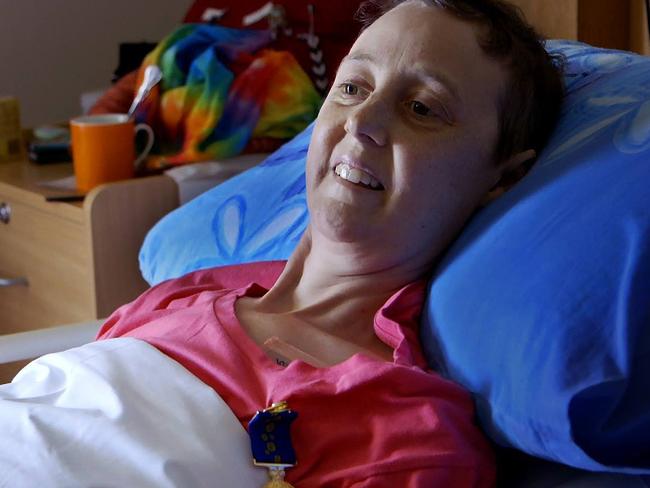
His fellow nominees are:
Professor David David AC, South Australia
Prof David is a respected craniofacial surgeon who has dedicated 45 to working with patients with facial deformities and disfigurements.
Since establishing the Australian Craniofacial Unit in the Royal Adelaide Hospital in 1975, Dr David has helped more than 17,000 people, and continues to develop new treatments, tools, research and systems to help restore the dignity of his patients.
Dion Devow, Australian Capital Territory
Entrepreneur and indigenous community leader Dion Devow started his controversially named business, Darkies Design, in 2010 with a T-shirt with a simple logo saying “100% Pure Australia”. Since then he’s collaborate with indigenous artists to produce design and produced Aboriginal-themed apparel for mainstream, sports and promotional use, including supplying uniforms to the Department of Veterans Affairs.
He now uses his business success to champion other indigenous people to build businesses and achieve economic independence, and sits on the ACT Aboriginal and Torres Strait Islander Elected Body among other organisations.
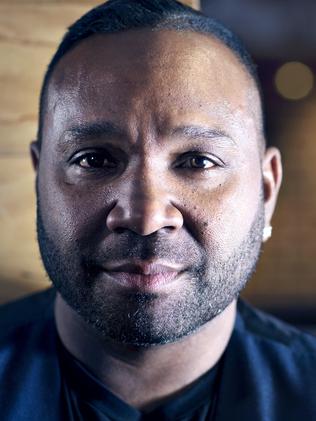
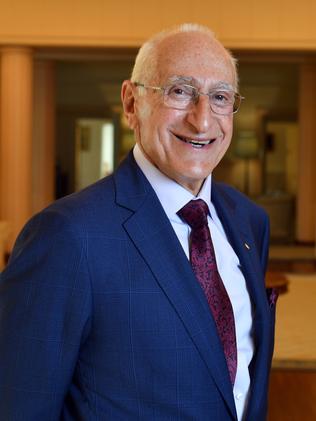
Scott Rankin, Tasmania
Theatre director and playwright Scott Rankin set up Big HART as a charity which uses the arts to bring about social justice, and now works with communities in regional, remote and urban Australia to “tell Australia’s most invisible stories”.
As well as addressing domestic violence, incarceration, international injustice faced by indigenous Australians and other tough issues through Big HART, Mr Ranking is also an award-winning writer and director in his own right and his work is regularly featured in international and national festivals.
Dr Bo Remenyi, Northern Territory
Dr Bo Remenyi became on of Australia’s first female paediatric cardiologists after spending her first years s a junior doctor in remote communities filling out death certificates for children dying of preventable heart disease.
She received the NT’s state award for her lifesaving work in the early intervention, prevention and treatment of rheumatic heart disease in remote indigenous Territory communities.
“It’s s disease of poverty and it’s preventable,” Dr Remenyi told AAP at Government House in Canberra, on the eve of the award ceremony. “I pick up kids early with heart disease, so we can offer cardiac surgery so they don’t die in the next year or so.”
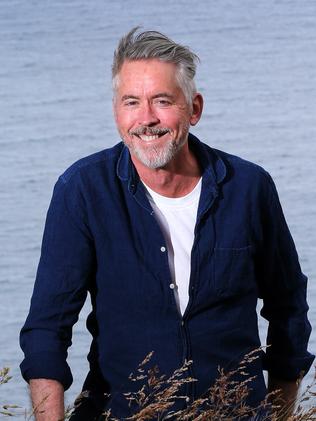
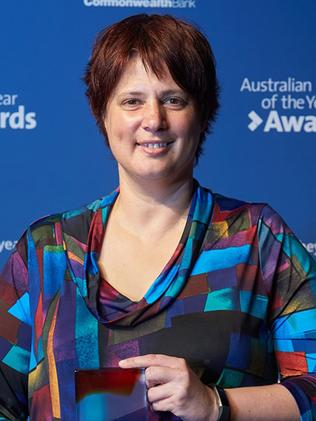
Professor Michelle Simmons, New South Wales
The NSW Prof Simmons is so far the people’s choice for Australian of the Year, as the favourite on the betting markets.
The quantum physics professor — one of the world’s top scientists — led a team to create the world’s thinnest wire and first transistor made from a single atom, leading the way towards a quantum leap in computing.
At the forefront of what she calls the “space race of the computing era”, her aim is to build a quantum computer able to solve problems in minutes that would otherwise take thousands of years.
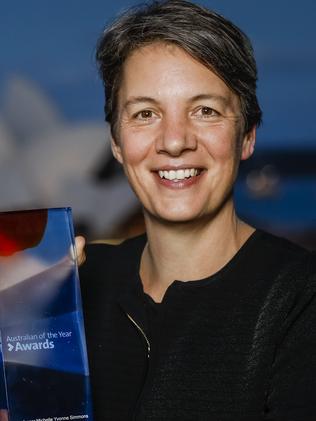
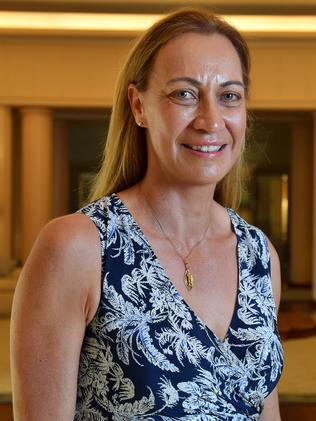
Johnathan Thurston, Queensland
Famed NRL Player Johnathan Thurston said he hopes to help raise awareness about constitution recognition of the First Australians if he wins the overall award.
He received the Queensland award for his off-field commitment as an indigenous mentor, using his profile as the captain of the North Queensland Cowboys to help others, particularly indigenous people reaching their potential.
He acknowledged past controversies in the early years of his NRL career had taken a toll on his loved ones and he was now passionate about helping other youngsters stay on the straight and narrow.
“I’m trying to inspire the next generation in our culture to make better decisions with their health and education,” Thurston told AAP.
Dr Tracy Westerman, Western Australia
Njamal woman, Dr Tracy Westerman founded indigenous Psychological Services to address the high rates of mental illness among Aboriginal people.
She’s set many world firsts’s as a psychologist including self-funding the development of unique screening tools enabling the identification of Aboriginal people at early stages of suicide and mental health risk.
She has said she hopes to cultivate mindsets of achievement rather than expectations of failure among indigenous Australians.
